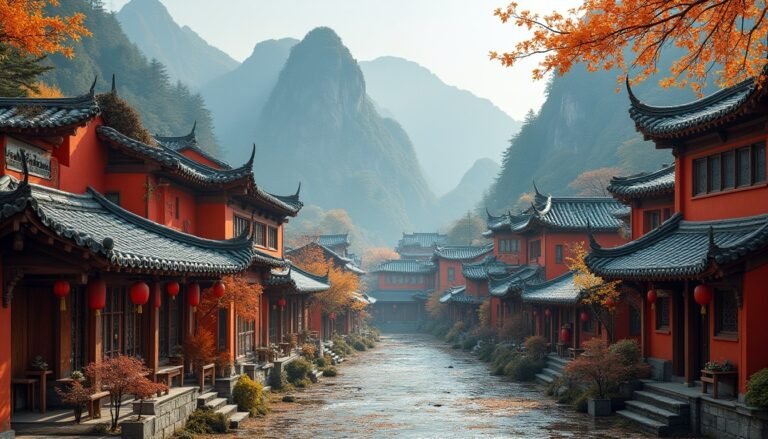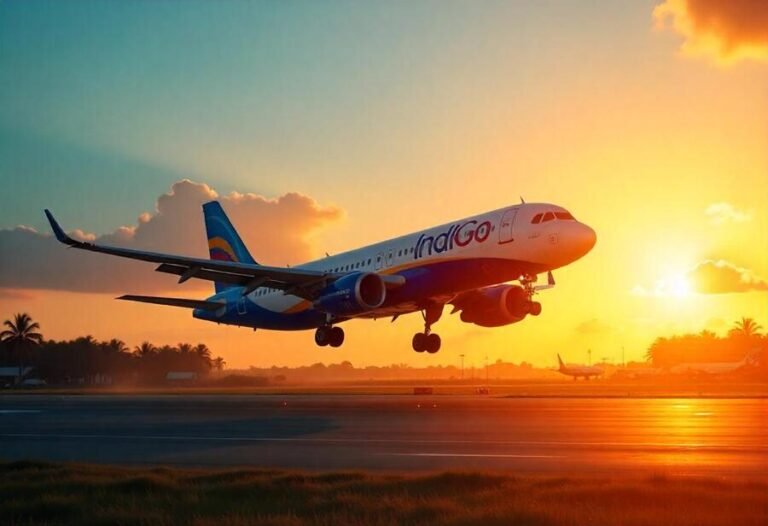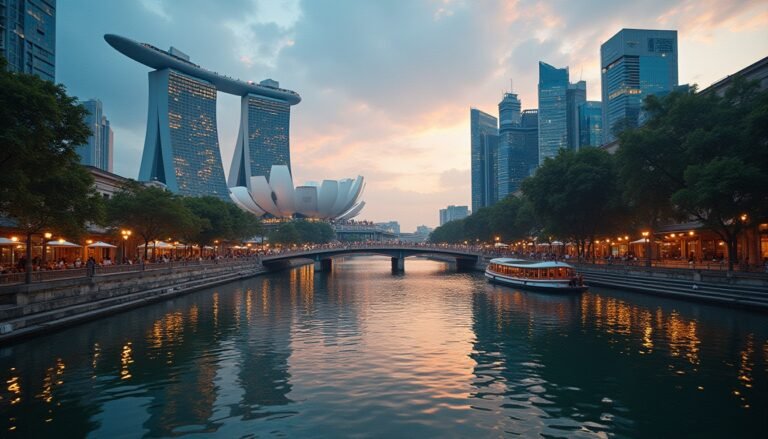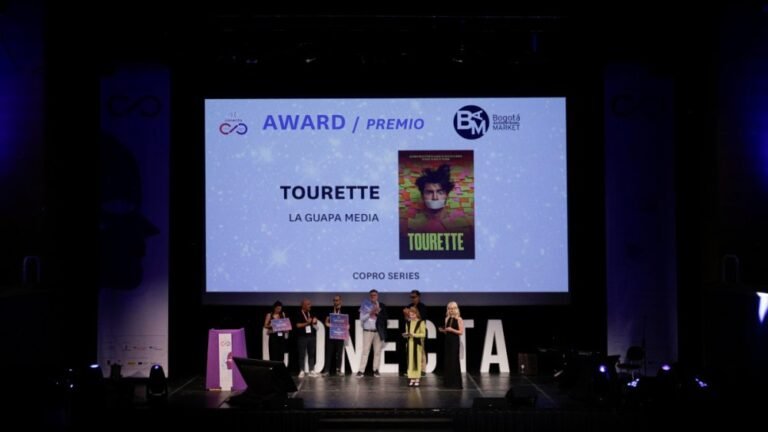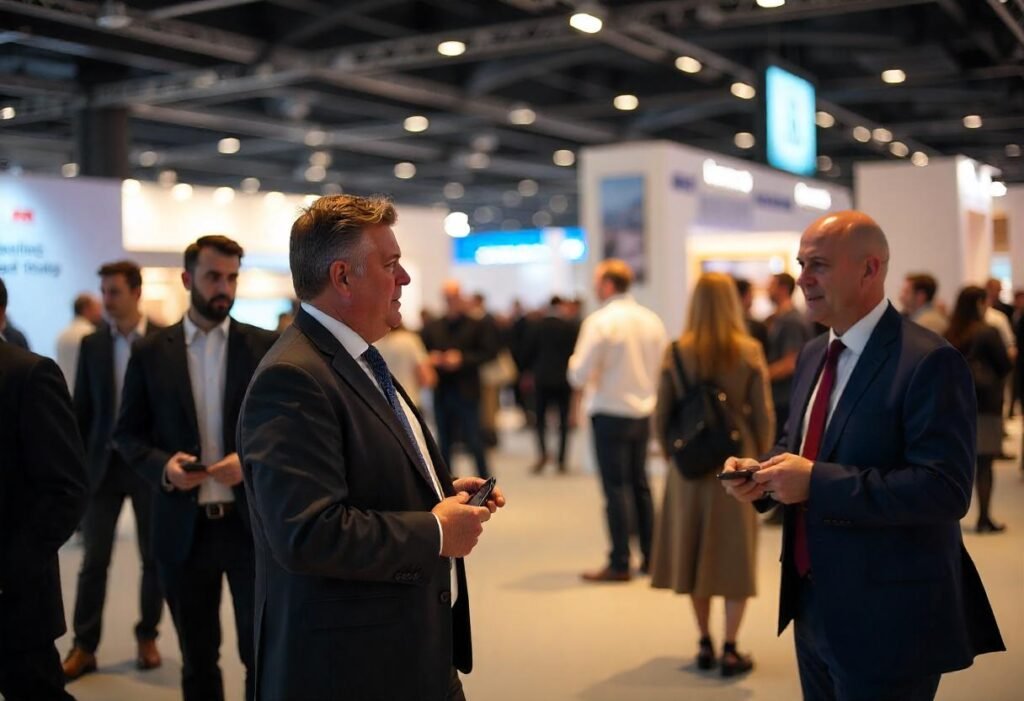
Thursday, June 19, 2025
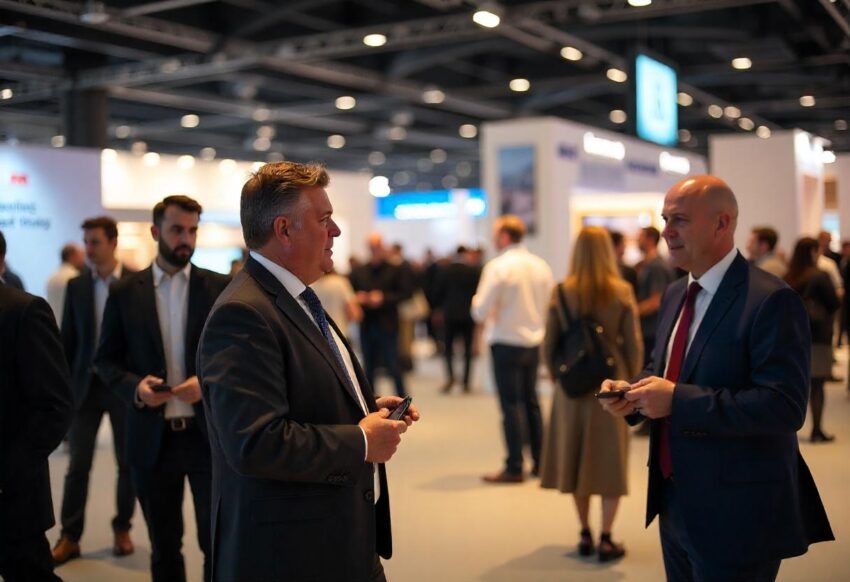
The UAE, Seychelles, Madagascar, Réunion, Mauritius, Comoros, Mayotte, Morocco, and several international partners united at ITM 2025 in Antananarivo to drive a groundbreaking shift in regional tourism strategy, anchored by the official launch of the Vanilla Islands Travel Card. This landmark initiative aims to boost multi-island travel across the Indian Ocean by offering visitors seamless access, exclusive discounts, and unified destination branding. The event marked a decisive move toward regional cooperation, with high-level delegations, strategic airline connections, and joint promotional efforts signaling a new era of integrated, sustainable tourism that positions the Indian Ocean as a globally competitive travel hub.
In a powerful show of unity and vision, the UAE, Seychelles, Madagascar, Réunion, Mauritius, Comoros, Mayotte, and Morocco came together at ITM 2025 in Antananarivo to spearhead a new chapter in regional tourism cooperation. The event, held from June 12 to 15 at the CCI Ivato, marked a defining moment for the Indian Ocean tourism bloc with the official launch of the Vanilla Islands Travel Card—a groundbreaking initiative designed to boost multi-island travel, offer exclusive visitor discounts, and strengthen economic and cultural ties across the region. With high-level delegations, global travel agencies, and over 30 international media outlets in attendance, ITM 2025 underscored a shared commitment to sustainable tourism, connectivity, and strategic branding, positioning the Indian Ocean as one of the world’s most dynamic and integrated travel destinations.
The Role of Seychelles at ITM 2025
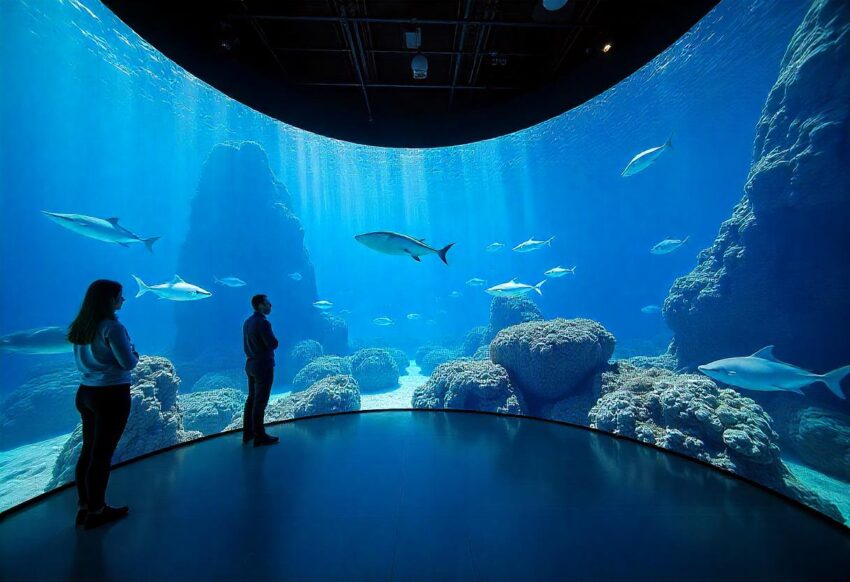
Seychelles played a central role at ITM 2025, reinforcing its position as a leader in Indian Ocean tourism development and regional collaboration. Represented by a high-level delegation led by Mrs. Bernadette Willemin, Director General for Destination Marketing at Tourism Seychelles, the island nation used the platform to showcase its renewed commitment to multi-island travel integration and sustainable tourism leadership.
Joining her were Ms. Bernadette Honore, Senior Marketing Executive and Seychelles’ representative for the Indian Ocean, and Ms. Cindy Tirant, Director of Tirant Tours & Travel. The team actively engaged in high-impact discussions with regional stakeholders, deepened bilateral ties, and promoted Seychelles as an increasingly accessible destination—especially in light of its enhanced air connectivity.
A key highlight for Seychelles was the growing momentum generated by the newly launched Emirates route linking Dubai, Seychelles, and Antananarivo. This strategic air bridge has not only improved regional accessibility but has also amplified Seychelles’ visibility among Madagascar-based tour operators and travel agencies. Bernadette Honore noted a marked uptick in demand, saying that local agents are now far more inclined to promote Seychelles as a lead destination due to simplified routing and enhanced flight frequency.
By aligning with the Vanilla Islands framework and advocating for seamless multi-island packages, Seychelles used ITM 2025 to champion a broader, more integrated tourism model—one that offers visitors a richer travel experience while driving shared economic gains for the region.
Launch of the Vanilla Islands Travel Card
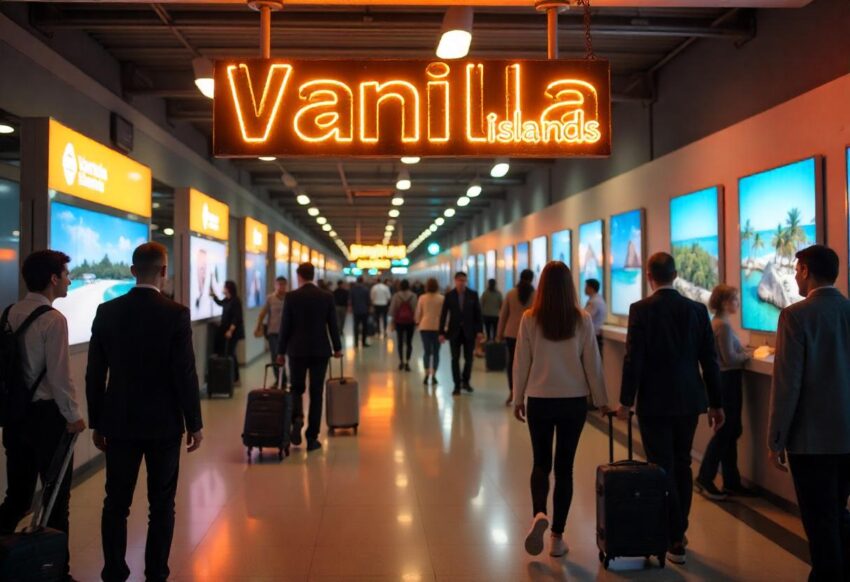
One of the most anticipated milestones at ITM 2025 was the official unveiling of the Vanilla Islands Travel Card, a bold new tool designed to unlock seamless, multi-island tourism across the Indian Ocean. Announced during the Vanilla Islands General Assembly, which ran alongside the tourism fair, the card is set to offer visitors access to exclusive discounts, simplified travel logistics, and cross-border promotional packages spanning six iconic destinations—Seychelles, Madagascar, Réunion, Mauritius, Comoros, and Mayotte.
The travel card reflects years of planning and inter-island cooperation. As regional leaders agreed, a unified tourism strategy is no longer aspirational—it’s essential. By making inter-island travel more attractive and affordable, the Vanilla Islands Card aims to boost visitor stays, increase regional spending, and elevate the Indian Ocean’s visibility in global travel markets.
The card will include benefits like discounted domestic flights, reduced entry fees at cultural and natural attractions, and bundled accommodation offers. It will also integrate with existing travel infrastructure to provide a user-friendly booking experience for both international tourists and local travel agencies.
More than just a marketing product, the Vanilla Islands Card represents a concrete step toward deepening intra-regional ties. Its launch was met with strong support from all six member territories, with Mauritius, in its role as alliance chair, leading the announcement alongside Seychelles and Madagascar. As the islands move toward collective promotion and shared tourism intelligence, the card is expected to play a pivotal role in driving tourism recovery and growth throughout 2025 and beyond.
Vanilla Islands General Assembly Highlights
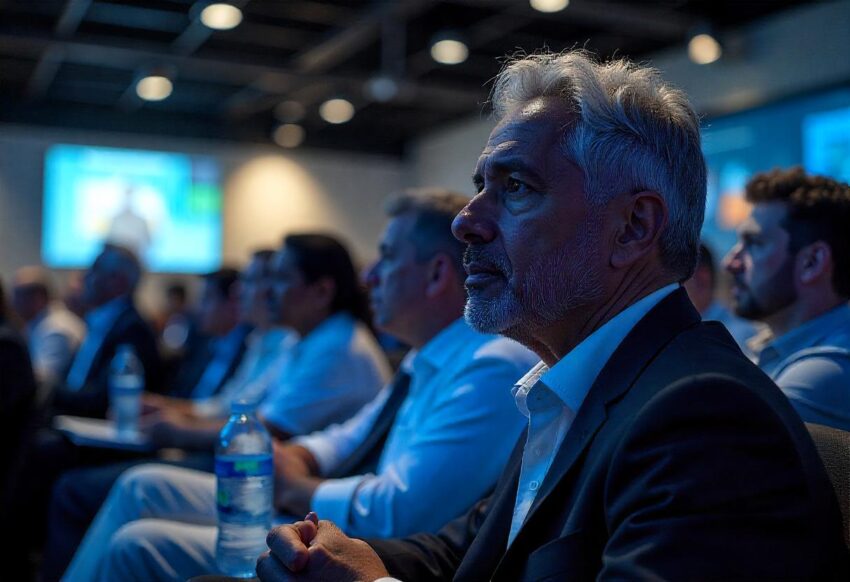
Held in parallel with the main exhibition, the Vanilla Islands General Assembly was a cornerstone of ITM 2025, bringing together high-ranking tourism officials, ministers, and private sector leaders from across the Indian Ocean. The assembly served as a strategic platform to align regional priorities, review shared goals, and accelerate collaboration across the Vanilla Islands alliance—comprising Seychelles, Madagascar, Réunion, Mauritius, Comoros, and Mayotte.
The assembly reinforced the islands’ united vision to position the Indian Ocean as a cohesive, high-value travel destination by promoting multi-country itineraries, easing inter-island movement, and creating unified branding strategies. Top of the agenda was the launch of the Vanilla Islands Travel Card, but the dialogue extended far beyond that.
Mauritius, currently serving as Chair of the alliance under the leadership of Deputy Minister of Tourism Sydney Pierre, was officially reappointed to continue until December 2025. The Comoros will assume the presidency in January 2026, signaling a continued commitment to rotational leadership and balanced regional representation.
Delegates agreed on several concrete next steps to maintain the alliance’s momentum:
- A regional tourism roadshow scheduled for September 2025 during the IFTM Top Resa trade fair in Paris.
- A shared Vanilla Islands pavilion planned for ITB Berlin in March 2026 to promote the bloc as one unified destination.
- An upcoming Vanilla Islands session at the Kreol Festival in Mauritius, focused on culture, identity, and tourism synergy.
- A dedicated economic forum between Madagascar and Mauritius aimed at deepening bilateral cooperation in both tourism and trade.
The assembly highlighted a refreshing level of political will and regional solidarity, as island nations collectively embraced a more coordinated and proactive approach to tourism growth. The consensus was clear: sustainable development, joint branding, and stronger travel corridors are no longer optional—they are the foundation of the region’s future.
Participation of Morocco and UAE as Guests of Honour
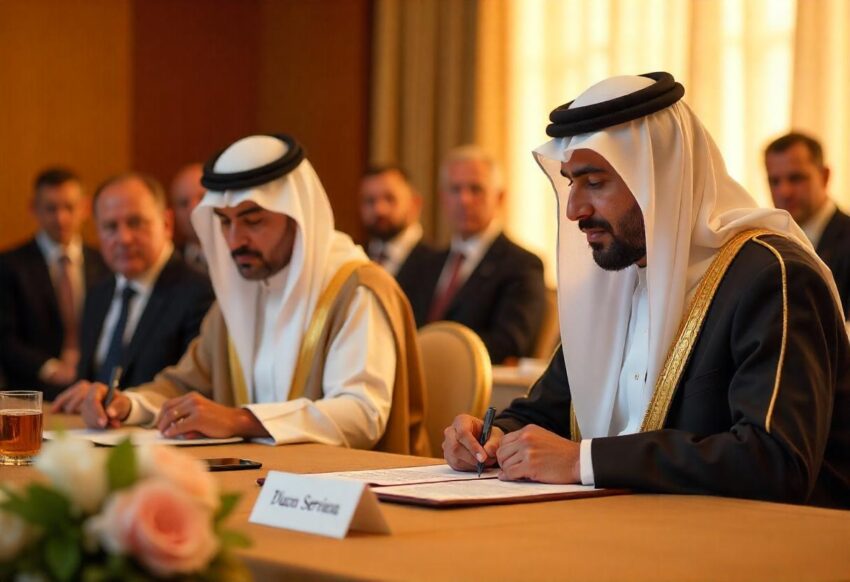
Adding a dynamic global dimension to ITM 2025, Morocco and the United Arab Emirates were officially welcomed as Guests of Honour, bringing a fresh layer of diplomatic, cultural, and tourism cooperation to the event. Their presence underscored the growing importance of African–Gulf partnerships in shaping the future of regional tourism and connectivity.
Morocco’s role as lead Guest of Honour was deeply symbolic. As a country with a rich tourism legacy and one of Africa’s most visited destinations, Morocco brought both prestige and strategic relevance to ITM 2025. Its participation opened new doors for cross-continental collaboration, with Moroccan officials exploring direct tourism synergies with Indian Ocean nations—particularly around heritage tourism, hospitality investment, and market exchange between North and East Africa.
The UAE, meanwhile, brought the power of aviation and global access to the conversation. The country’s selection as co-honour guest was bolstered by the recent launch of the Emirates Airlines route connecting Dubai, Seychelles, and Antananarivo, which has already begun reshaping travel flows in the region. The UAE delegation emphasized its interest in supporting inter-island connectivity through airline partnerships, tourism infrastructure investment, and digital booking technologies.
The presence of both nations enriched the forum with international dialogue and broadened the event’s scope well beyond the Indian Ocean. From strategic networking to cultural showcases, the inclusion of Morocco and the UAE signaled that ITM 2025 was more than a regional event—it was a global invitation to collaborate.
Madagascar’s Hosting Role and Biodiversity Focus
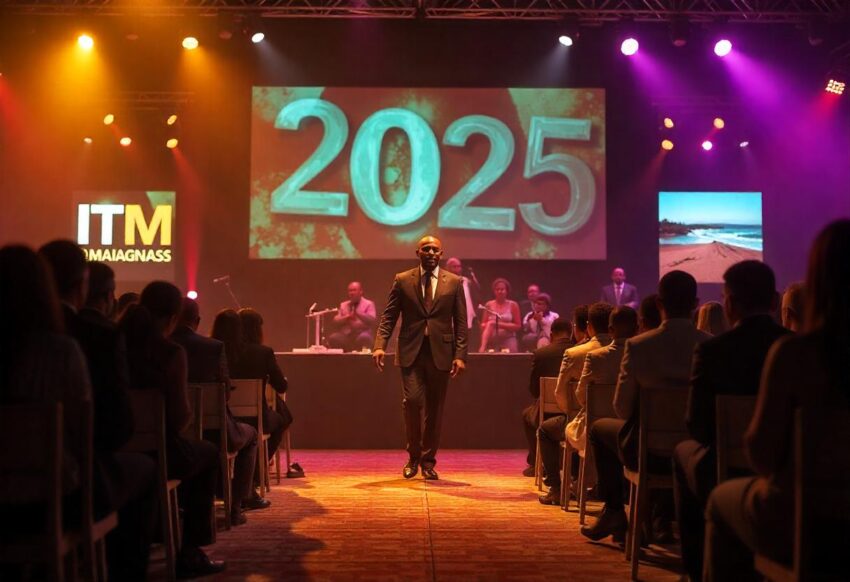
As the official host of ITM 2025, Madagascar took center stage in both logistical execution and visionary leadership. Held at the CCI Ivato in Antananarivo from June 12 to 15, the fair opened with a spectacular ceremony presided over by President Andry Rajoelina, who emphasized the country’s dedication to biodiversity preservation, regional cooperation, and responsible tourism development.
The opening event was a cultural and environmental showcase, featuring vibrant traditional performances and visual tributes to Madagascar’s unmatched natural heritage—home to over 80% endemic species and one of the world’s most ecologically rich ecosystems. The ceremony’s dual themes of biodiversity protection and sustainable tourism resonated throughout the fair, establishing a strong foundation for discussion and partnership.
Beyond ceremony, Madagascar demonstrated its leadership through key agenda-setting initiatives. The nation played a pivotal role in facilitating the Vanilla Islands General Assembly, where several historic announcements—such as the Vanilla Islands Travel Card and regional marketing roadmap—were finalized. Madagascar also pushed for deeper bilateral cooperation with Mauritius, proposing an economic forum focused on sustainable tourism investment and regional trade growth.
Tourism leaders from Madagascar used ITM 2025 to position the island not only as a must-visit destination but as a regional convenor capable of aligning national interests with shared economic and ecological goals. With high-level engagement, impressive event organization, and meaningful diplomatic gestures, Madagascar reaffirmed its status as a cornerstone of the Indian Ocean tourism community.
International Delegations and Press Engagement

ITM 2025 was not only a regional gathering—it was a truly international event that brought together a wide spectrum of global tourism professionals, government representatives, and media organizations. With over 80 exhibitors and official press participation from 30 countries, the fair served as a powerful conduit for cross-border networking, brand exposure, and investment dialogue.
Delegations and travel agencies from across Europe, Asia, and Africa took part in a series of business-to-business (B2B) meetings, product showcases, and destination briefings. Key source markets represented included France, Germany, Italy, the Netherlands, Spain, Poland, Switzerland, and the United Kingdom, alongside Japan, Taiwan, China, and South Africa. These participants were not only visitors—they were active collaborators, invited to explore partnership opportunities across air travel, hospitality, tour operations, and digital distribution.
Many of these agencies joined familiarization (FAM) trips arranged around the event, giving them firsthand exposure to the region’s attractions, services, and infrastructure. These experiential tours proved especially impactful for promoting the new Vanilla Islands multi-destination model, allowing agents to visualize itineraries that seamlessly connect Seychelles, Madagascar, Mauritius, Réunion, Comoros, and Mayotte.
In terms of media presence, travel journalists, influencers, and broadcasters covered the event across platforms ranging from print to digital and broadcast. Coverage emphasized not just the policy announcements, but the vibrant cultural presentations, sustainable tourism commitments, and the rollout of tangible tourism products like the Vanilla Islands Travel Card.
This broad engagement from international delegates signaled growing global confidence in the Indian Ocean as a resilient, forward-looking destination cluster—one capable of offering rich experiences and high value to long-haul travelers in an increasingly competitive tourism landscape.
Regional Roadmap and Upcoming Events
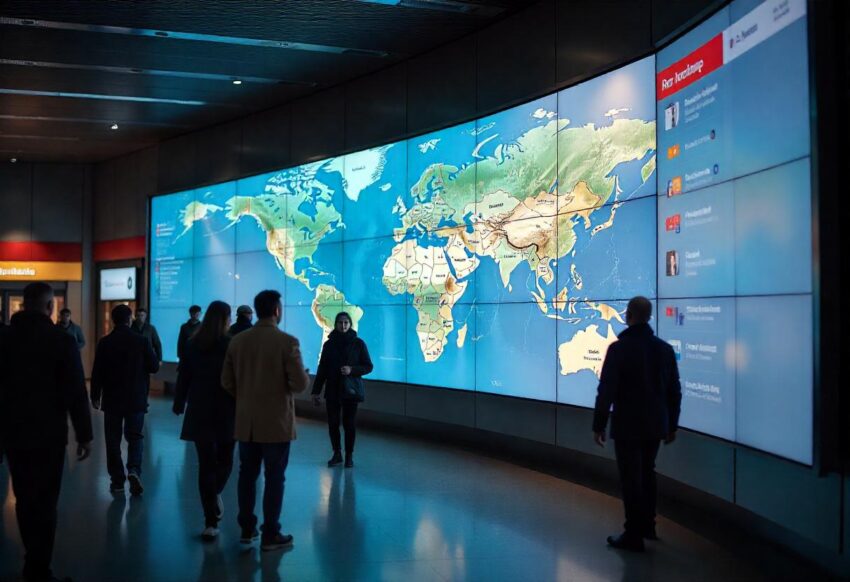
Building on the momentum of ITM 2025, the Vanilla Islands alliance unveiled a forward-looking roadmap designed to elevate the Indian Ocean’s global tourism footprint through joint promotions, coordinated events, and deeper regional integration. The strategy, announced during the General Assembly and echoed by each participating delegation, lays out a series of high-impact milestones for the remainder of 2025 and into 2026.
The next major step on the calendar is the Vanilla Islands Roadshow in Paris, scheduled to take place in September 2025 during the renowned IFTM Top Resa trade fair. This event will be the first major international stage where the Vanilla Islands Travel Card will be formally introduced to global buyers and media, accompanied by a coordinated marketing campaign emphasizing multi-island experiences and cultural diversity.
In March 2026, the alliance will host a shared pavilion at ITB Berlin, one of the world’s largest travel expos. Here, the six island members aim to present themselves as a unified bloc, offering curated travel itineraries, regional tourism packages, and digital booking solutions supported by the newly launched card. The pavilion will also feature collaborative presentations, culinary showcases, and investment roundtables to attract both leisure and business travelers.
Cultural diplomacy will also play a major role. A special Vanilla Islands meeting is planned during the Kreol Festival in Mauritius, where tourism leaders will spotlight the region’s shared Creole heritage through music, food, and storytelling. The festival will double as a promotional campaign aimed at reinforcing the emotional and cultural identity of the islands on the world stage.
Another key development is the upcoming Madagascar–Mauritius Economic Forum, which will focus on bilateral cooperation in tourism investment, infrastructure development, and hospitality workforce training. The forum is expected to foster tangible projects aimed at elevating service quality, enhancing visitor experience, and generating sustainable growth across the entire region.
Collectively, these events and initiatives represent more than just calendar entries—they are building blocks for a stronger, more resilient regional tourism ecosystem. With growing coordination, shared branding, and aligned objectives, the Indian Ocean nations are positioning themselves as a model of tourism integration, ready to compete with the most established destination clusters in the world.
Closing Summary and Strategic Impact
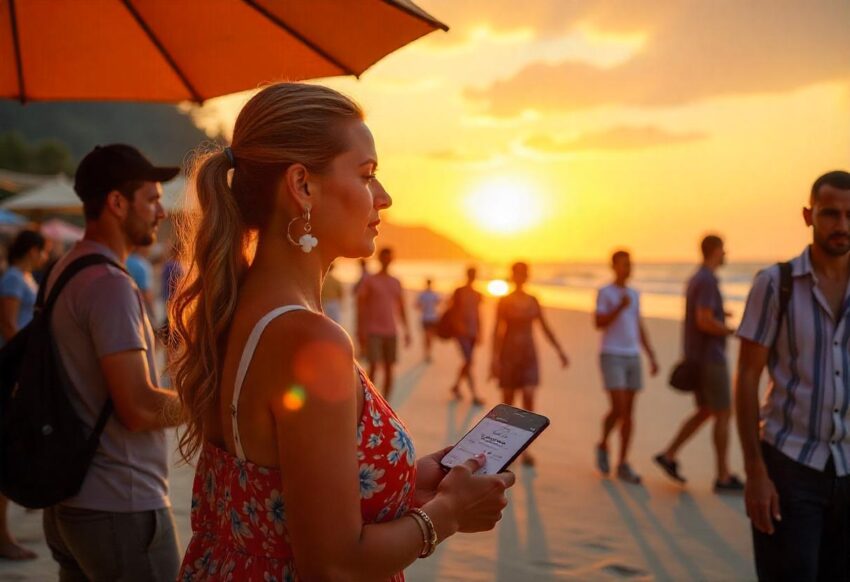
The 11th edition of the International Tourism Fair of Madagascar (ITM 2025) marked far more than just an annual gathering—it was a defining moment for regional tourism diplomacy and practical innovation. With the united participation of Seychelles, Madagascar, Réunion, Mauritius, Comoros, Mayotte, Morocco, and the United Arab Emirates, this year’s edition signaled a powerful shift toward coordinated growth, shared tourism identity, and cross-border opportunity across the Indian Ocean.
From the launch of the Vanilla Islands Travel Card to the signing of new promotional partnerships, ITM 2025 transformed ideas into action. Delegates didn’t just talk—they committed, collaborated, and laid down a roadmap for the months ahead. Whether it was through Seychelles highlighting new air links, Madagascar showcasing its biodiversity leadership, or Morocco and the UAE lending global reach to the initiative, every participating country left a mark on the region’s collective future.
The outcomes of ITM 2025 are expected to ripple well beyond Antananarivo. The alliances forged, the platforms created, and the visibility gained have already begun shaping a new narrative: one where island nations act not as isolated destinations, but as interconnected chapters in a broader, more enriching travel experience. With sustainability, regional branding, and visitor experience at its core, the Indian Ocean tourism bloc is now more unified, more ambitious, and more prepared than ever to take on the global stage.
As the islands look ahead to Paris, Berlin, and beyond, the message from Antananarivo is clear: when islands unite, global travelers take notice.

